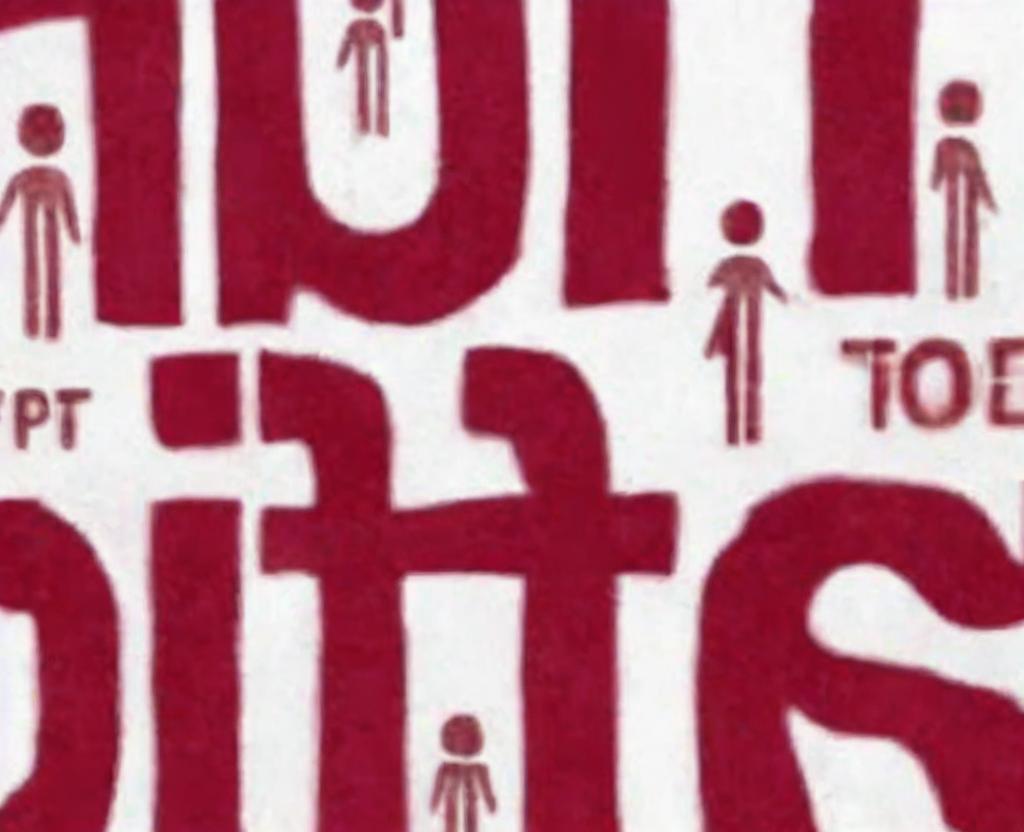
National Hiv Testing Day
Take the Test, Take Control is the annual National HIV Testing Day (NHTD), which encourages people of all ages to Take the Test, Take Control on June 27th of each year.
#hivtestingday
Nearly 1.1 million people live with HIV in the United States, and almost half of them do not know that they are infected with the disease. Finding out whether you have HIV is the first step to finding out if you have HIV. As part of a routine physical, the Centers for Disease Control recommends that people between the ages of 13 and 64 obtain an HIV test. For those that are sexually active, the CDC recommends testing once a year and often more often, depending on risk factors.
Anybody who tests positive should know the steps to live a longer and healthier life with HIV, as well as how to help prevent HIV transmission to others. These steps include medical care, HIV awareness, and administering the correct medications on a regular basis. On National HIV Testing Day, all testing centers around the country will be open, including mobile testing units.
Hiv facts
In addition, the observance aims to raise awareness of HIV and testing. When it comes to HIV, abstinence is the only way to prevent HIV. Other important facts you should know include: Other important facts you may not know:
- The use of condoms reduces the risk of infection. If you have sex, use a new condom every time.
- The only way to find out if you have HIV is by testing
- One partner has HIV, and the other does not, and there is hope for couples in marriages where one partner has HIV and the other does not. Ask your doctor about taking daily PrEP
- Don't put off medical attention. Even if you already know your HIV status, putting off needed treatment can jeopardize your wellbeing in unnecessary ways. 1-800-799-SAFE (7233) If you or someone you know isn't seeking assistance out of fear of violence or rejection, please call the Domestic Violence Hotline at 1-800-799-SAFE (7233)
- Babies, medicine has come a long way. If you are pregnant with HIV, the risk of passing it to your baby is less than 1%, but it is still important that you work with a healthcare specialist. Don't wait, don't wait
- HIV is spread by sharing needles, syringes, or other medical devices. Never give needles out. It raises your risk of infections
- Is it possible to live with HIV? Do you have HIV? Take your medication as often as possible every day. ng sex to an HIV-negative partner can reduce your viral load and reduces the risk of transmitting HIV during sex to an HIV-negative partner
How to celebrate national hiv testing day
The National HIV Testing Day encourages preventative care. Get tested. Visit a location near you to find out how to prevent the virus from spreading. Be aware, protect yourself, and others. Other ways to participate include:: The following are examples of other ways to participate:
- Learn more about prevention and risk factors.
- Education can help remove the stigma associated with HIV/AIDS
- Testing can be carried out at a hospital near you
- Support research projects
- To learn more about the event, visit aids.gov
- The cdc.gov website has details and links to services. www.cdc.gov has links to services
- For a complete overview of the disease, study, and more, visit the aidsinfo.gov website. www.nihgov
On social media, use the hashtag #NationalHIVTestDay to post and track.
History of national hiv testing day has spanned the nation's national hiv testing day
The National Association of People with AIDS (NHTD) is a national HIV testing day (NHTD) to promote HIV testing and help prevent the virus from spreading. The first NHTD was held on June 27, 1995.






